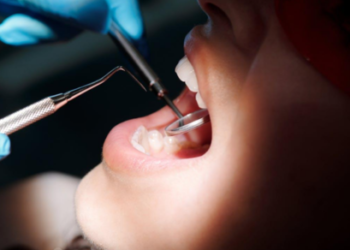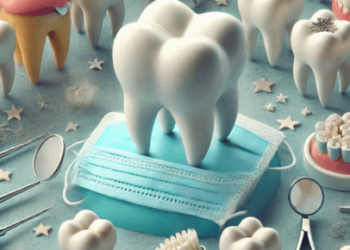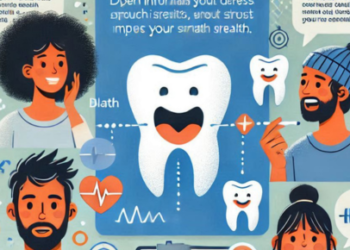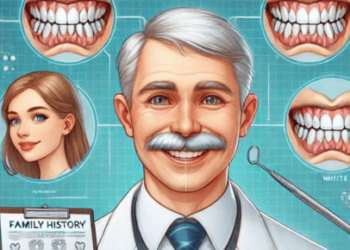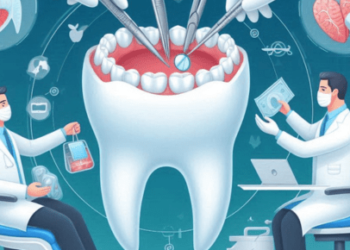The agitated sensation when you drink ice-cold water from the fridge, eat ice cream, or even drink hot water is one of the major signs of sensitive teeth. Sensitive teeth can result from damaged enamel, gum infection, cavities, or cracked teeth. Sometimes it can be a medical condition as a result of your biological health; you might be lacking vitamin B12, calcium, or vitamin D in your diet, or there might be hormonal changes. It can also occur if you aggressively brush your teeth multiple times a day. Whatever the cause, you must take good care to protect your teeth from further damage so they can remain in good condition till old age.
Having sensitive teeth means that you need to be cautious about your food habits to ensure you don’t further damage your tooth enamel and roots. If you are having serious problems gulping down and chewing any hard foods, you must consult a professional Midtown Manhattan general dentist who has a nearby dental clinic and can help you treat this condition.
Five Tooth-Friendly Snacks:
Generally, people, including both kids and adults, consume sugary drinks and foods and then forget to brush their teeth afterward. The leftover food debris between your teeth and on your gums causes the main problem. The bacteria present in your mouth act upon the leftover food particles and release acids, which further cause plaque, gum diseases, cavities, and tooth sensitivity. That’s why it’s crucial to brush your teeth in the morning and before going to bed. It’s also important to maintain proper oral hygiene and be mindful of what you eat.
Here’s a list of snacks that are good for your sensitive teeth:
- Cheese: It’s evident that both kids and adults love cheese, and luckily, it’s good for your teeth. If you are craving a quick snack, you can have cheese cubes, as cheese contributes to high pH levels in the mouth, thereby reducing the risk of cavities. Plus, studies have demonstrated that chewing cheese causes the mouth to secrete more saliva. Saliva helps prevent gum diseases, cavities, and other oral infections. When secreted, saliva coats a thin film on your teeth, creating a barrier against disease-causing bacteria.
- Yogurt: Yogurt is not only good for your skin, gut, bowel movements, and immunity, but it’s also good for your teeth. You can have this snack in the morning or evening, and it requires no further preparation. Be cautious not to mix sugar into your yogurt or consume any sugar-flavored yogurts from the market; make sure you check the ingredients.
- Leafy Greens: If you want to maintain good oral health, include leafy greens like spinach or kale in your diet. You can add them to your salad or make a smoothie. They are naturally rich and have an appropriate concentration of minerals and vitamins, such as calcium and folic acid, which have several health benefits.
- Apples: An apple a day keeps the doctor away, including your dentist. Apples are a good source of vitamins like potassium, calcium, magnesium, iron, zinc, and other vital elements. They also have a good amount of fiber and water content. Eating an apple will help massage your gums while dislodging any plaque buildup on your teeth. Nonetheless, this doesn’t mean you should skip brushing your teeth; eating hard foods can cause food debris to get stuck between your teeth, so it’s important to brush your teeth.
- Carrots: Carrots are high in fiber and contain high levels of vitamin A, which is also good for your skin and specifically your eyesight. You can eat carrots in small bites, add them to your smoothie, or include them in your salad bowl.


